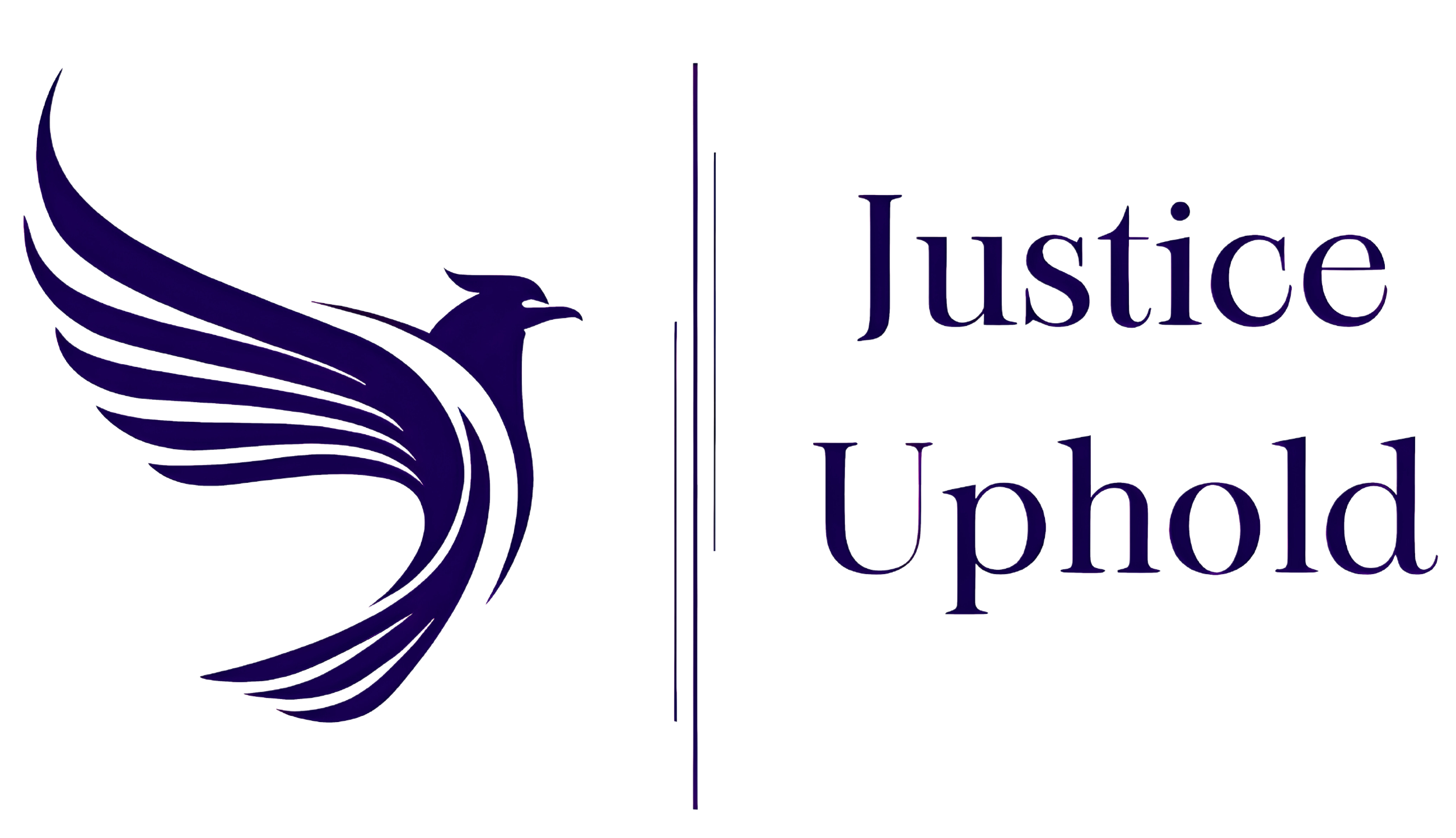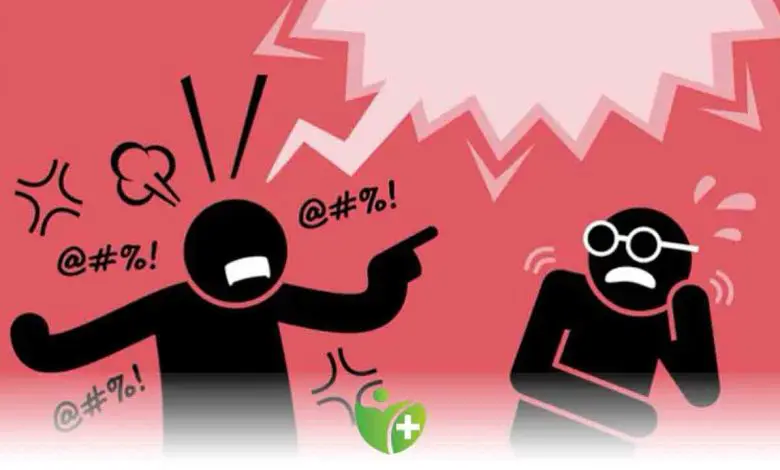Hate speech is an important issue that increasingly threatens societies today. Hateful statements directed at individuals or groups based on differences such as race, religion, gender or national origin affect not only those targeted but the entire society. To draw attention to this dangerous development, raise awareness and seek solutions together, the United Nations has declared 18 June as the “International Day Against Hate Speech.”
Hate speech encompasses derogatory, threatening, or discriminatory statements directed at an individual or group. Such statements go beyond the boundaries of freedom of expression, directly harming individuals’ rights and threatening social peace. Especially in recent times, racist, sexist, or religiously biased statements spreading on social media are among the most common examples of this. Unfortunately, in the century we live in, hate speech has been used as a tool by politicians or those in power to target individuals or groups who do not think like them, and unfortunately, this continues to be the case.
From a legal perspective, the presumption of innocence until proven guilty (Article 6 of the European Convention on Human Rights) is fundamental. However, this principle often holds no meaning for those who engage in hate speech; in their eyes, anyone who does not think like them is a suspect, even a criminal.
In such cases, hate speech negatively affects the psychological health of the targeted individuals, undermines their sense of security, and perhaps most importantly, leads to social exclusion. At the societal level, it can increase polarisation, insecurity, and even violence. Disadvantaged individuals and groups are particularly vulnerable to such speech.
18 June is not just a day of awareness; it also emphasises the importance of taking action together against hate speech. The United Nations has designated this day to call on governments, media organisations, civil society organisations and individuals in different countries to take active action. The aim is to combat the normalisation of hate speech and strengthen respect for human rights.
It should not be forgotten that everyone can start change in their own environment. Using respectful language, responding to hateful posts with accurate information, and fighting hate speech through legal means are our duties as individuals. Although these may seem like small steps, when adopted socially, their effects will be felt in all areas.
Remaining silent in the face of hate speech and racism indirectly supports it. It is our collective responsibility to fight for a world where our differences do not divide us but enrich us.



